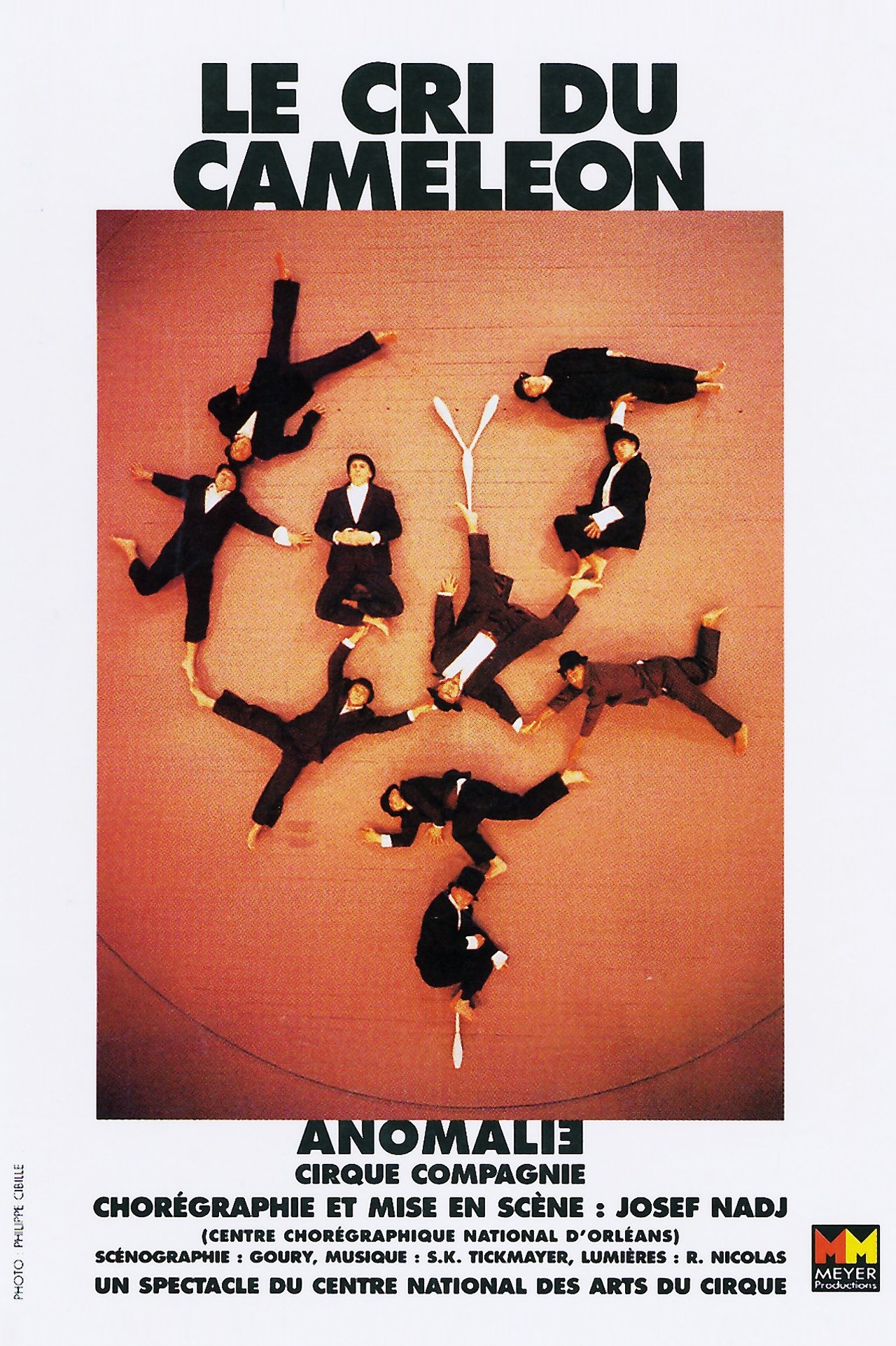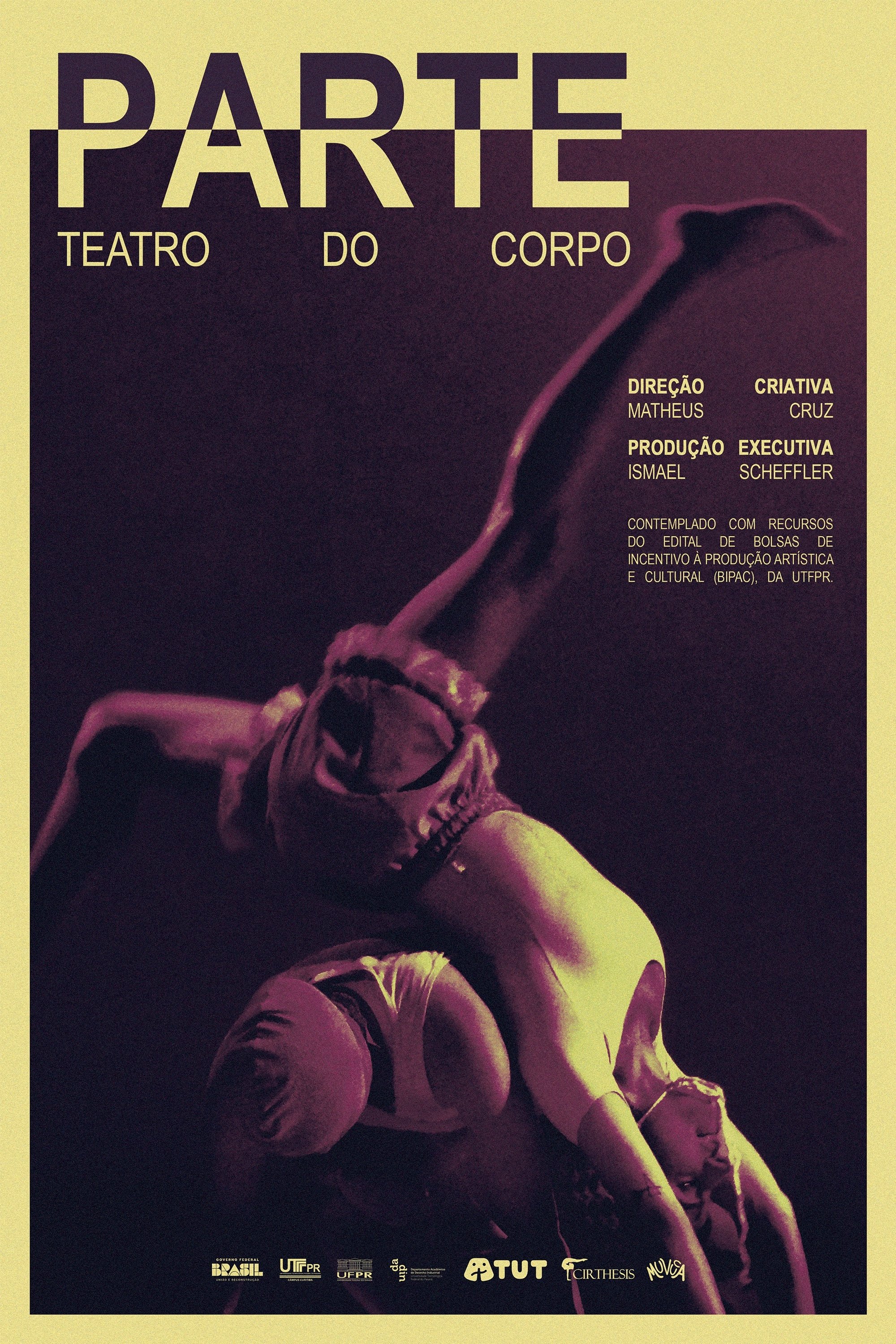Theatre 2 (2012)
• November 21st, 2012 • 2h 50min
Documentary
Overview
Oriza Hirata is Japan's leading playwright and director, who runs his own theatrical company, Seinendan. Theatre 2 (Observational Film Series #4) examines the dynamic relationship between theatre and the society through depicting Hirata's activities. In order for his art and his not-so-commercial company to survive this highly capitalistic modern society, what kind of strategy does Hirata have and practice?
Make sure to check your pop-up blocker!!
Trailer
Similar Movies
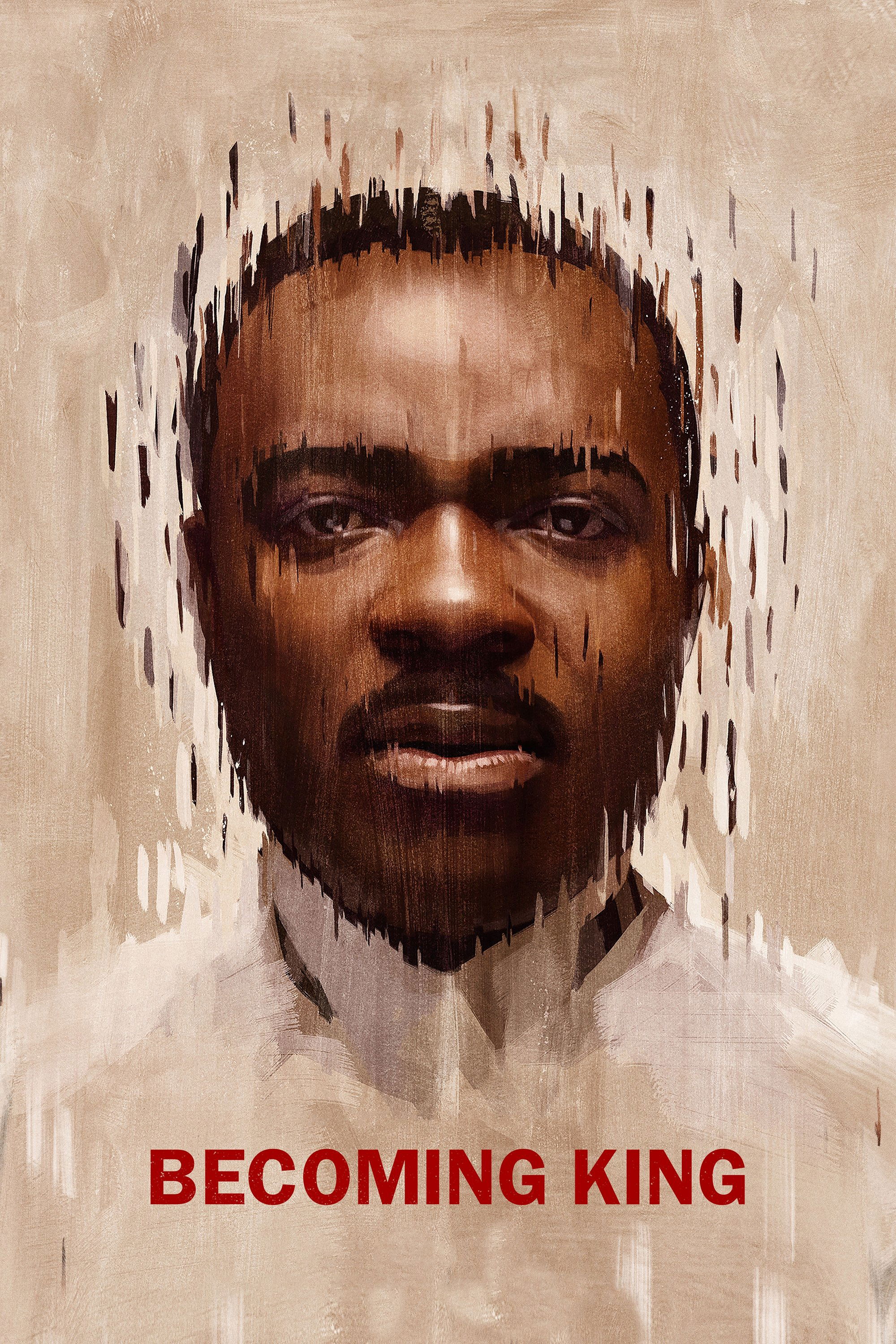
Becoming King
Released on: 2024-02-19
Documentary
An emotional portrait of David Oyelowo’s journey to play legendary civil rights leader Dr. Martin Lu...
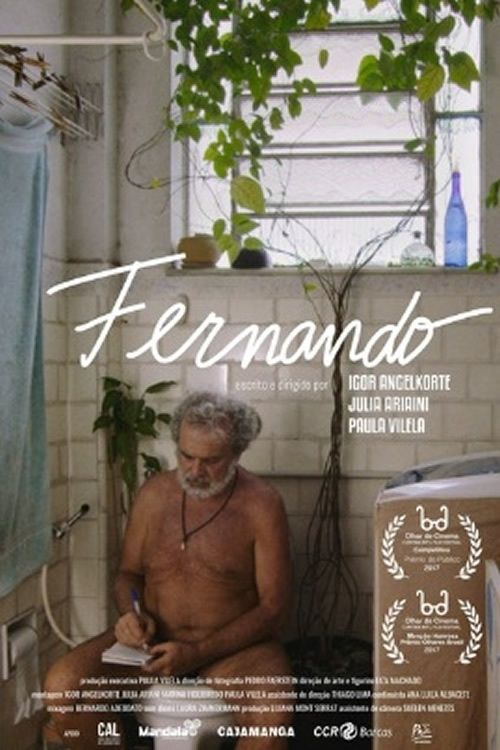
Fernando
Released on: 2017-06-21
Documentary
Fernando is an actor and theater teacher who, at the age of 74, is impelled to be the protagonist of...
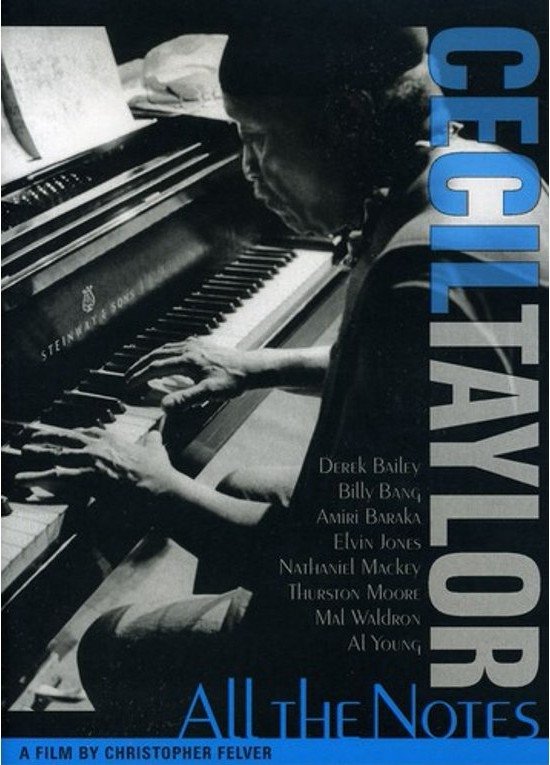
Cecil Taylor: All The Notes
Released on: 2005-01-01
Documentary, Music
Cecil Taylor was the grand master of free jazz piano. "All the Notes" captures in breezy fashion the...

Private Screenings: Mickey Rooney
Released on: 1997-04-01
Documentary
Mickey Rooney is interviewed by Robert Osborne.

Patrice Chéreau, Pascal Greggory, une autre solitude
Released on: 1996-01-30
Music, Documentary
A look at the entire process of creating and developing Patrice Chéreau’s third staging of "In the S...

Killer Instincts: Richard Widmark and Ida Lupino at Twentieth Century Fox
Released on: 2008-09-02
Documentary
Brief overview of the two actors at the Fox Studio.

Terwijl het liefde was
Released on: 2021-08-11
Documentary
Artistic director of the National Theater Eric de Vroedt writes and directs a performance about his ...
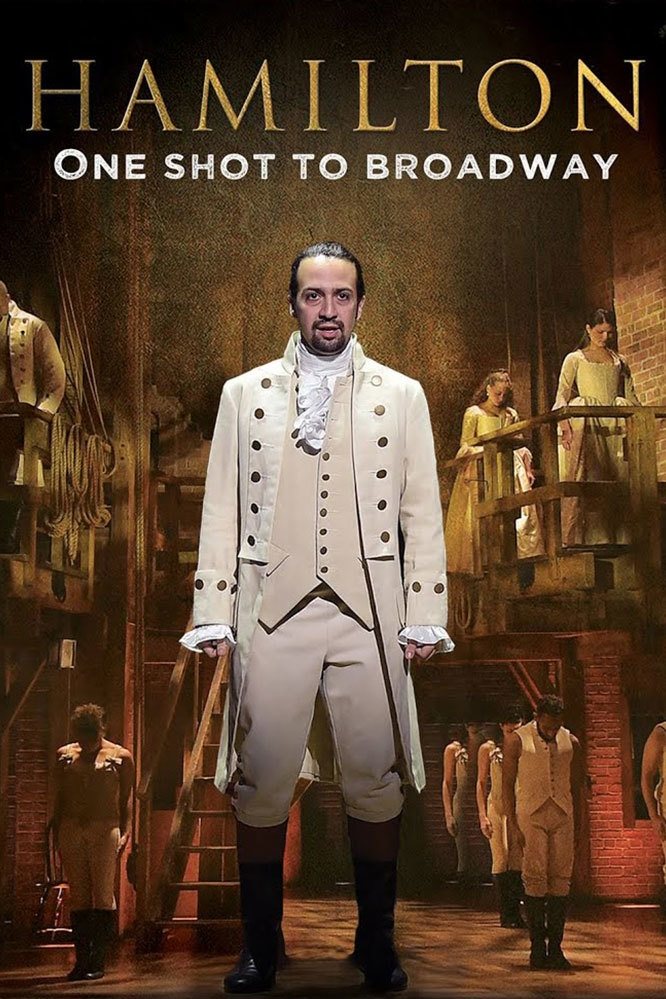
Hamilton: One Shot to Broadway
Released on: 2017-05-09
Documentary
It’s the hit musical that changed Broadway forever and brought the genius of Lin Manuel Miranda to t...

Happy Skies: The Making of The Night Witches
Released on: 2025-01-20
Documentary
The story of the making of "The Night Witches: the amazing true story of how Russian woman pilots he...

Pistolteatern
Released on: 2004-02-13
Documentary
Pistolteatern in Stockholm, Sweden, was a leading experimental scene in the mid 1960s, comparable to...
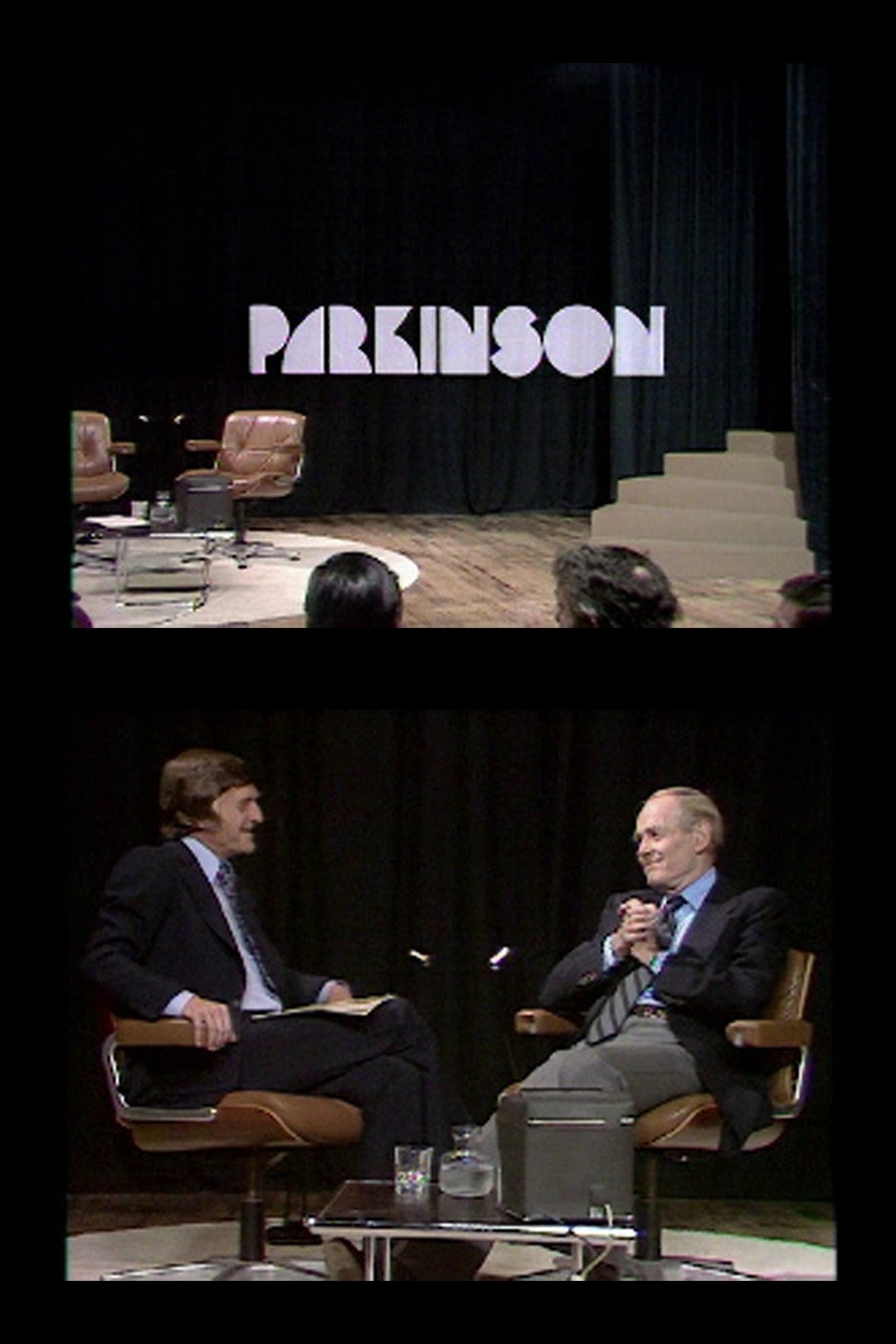
Parkinson: Meet Henry Fonda
Released on: 1975-11-01
Documentary
Episode of the BBC television program with host Michael Parkinson interviewing American actor Henry ...
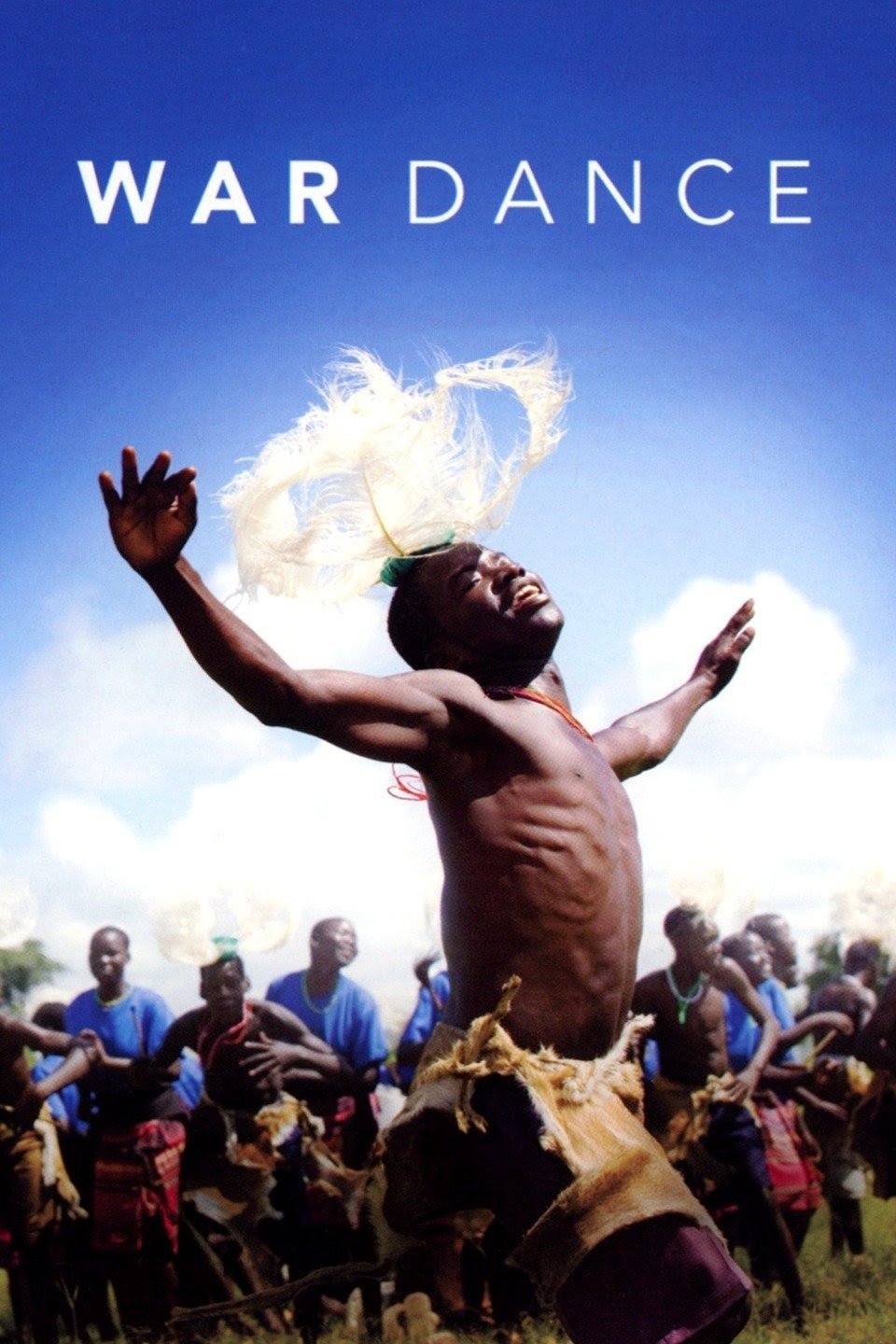
War Dance
Released on: 2007-02-15
Documentary, Music, War
Three children living in a displacement camp in northern Uganda compete in their country's national ...
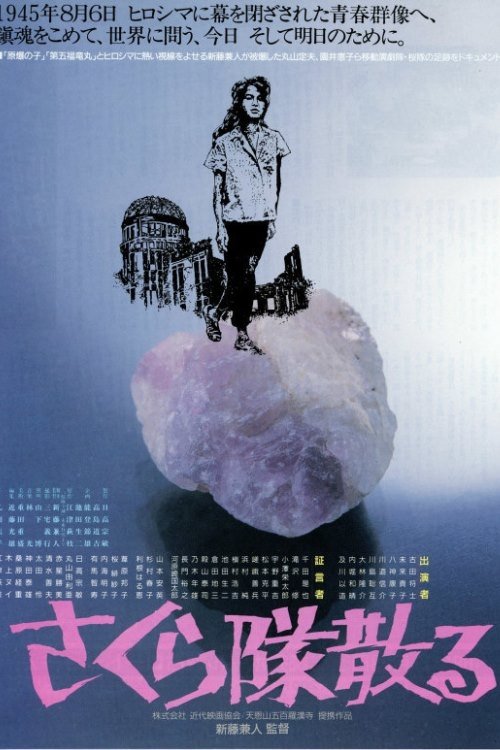
Sakura-tai Chiru
Released on: 1988-04-01
Documentary, Drama
A documentary about the lives of actors in the Sakura-tai theatrical troupe, which had arrived in th...
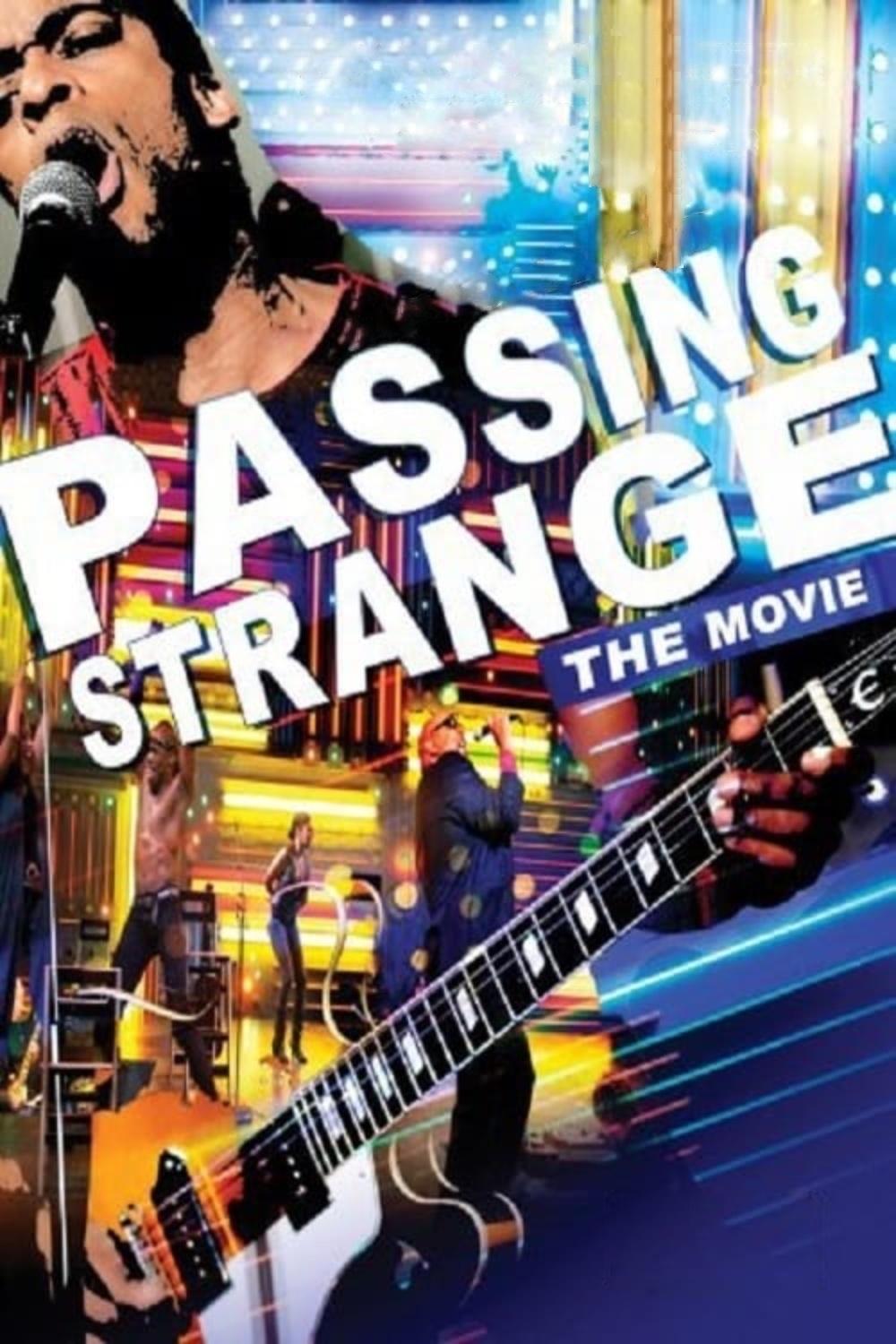
Passing Strange
Released on: 2009-08-21
Music, Documentary
A young black artist leaves his Los Angeles digs and travels to Europe to find himself. A theatrical...

Gewalt no Mori - Kare ha Waseda de shinda
Released on: 2024-05-25
Documentary
A documentary about the end of the student movement in 1972 and the lynching of Daizaburo Kawaguchi,...
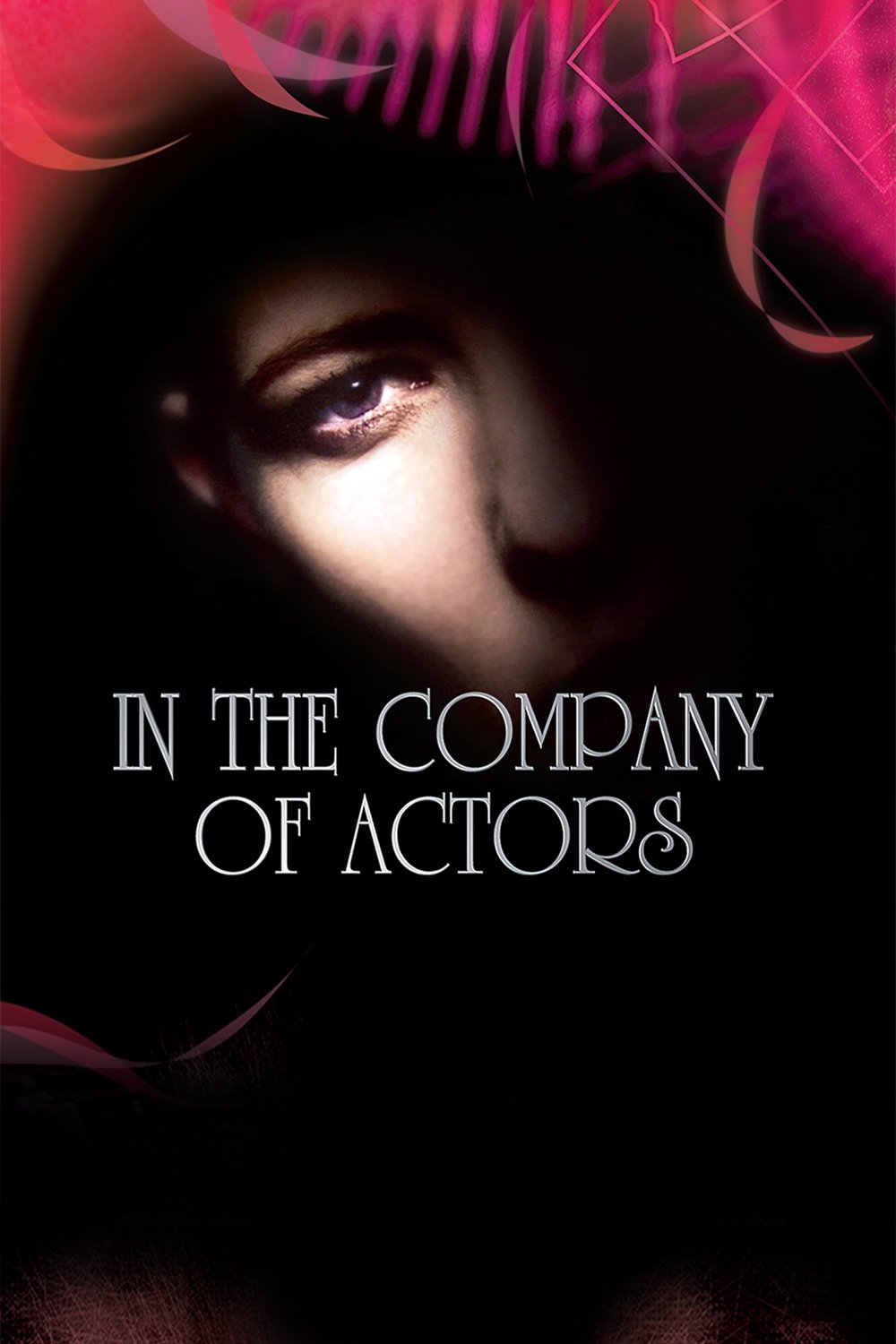
In the Company of Actors
Released on: 2007-06-10
Documentary
Within the world of theatre the rehearsal room is a sacred space -- the private domain where boundar...

How Do You See Me?
Released on: 2017-11-24
Documentary
How Do You See Me? is a Brazilian documentary feature that entwines both experienced actors and begi...
